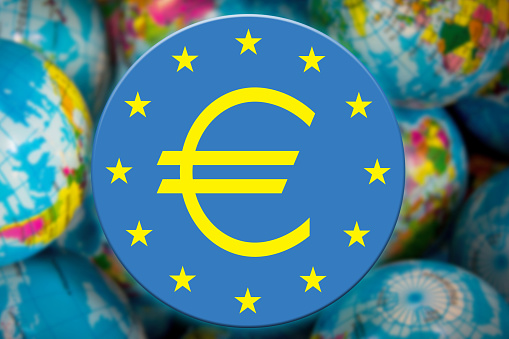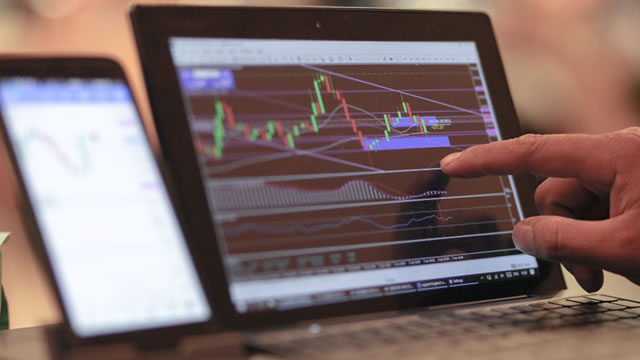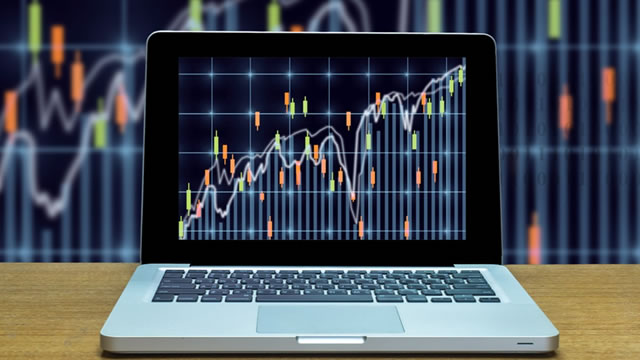ECB’s Lagarde on Inflation: Domestic Drivers Overtake External Sources
Introduction
In her address to European Parliament’s Committee on Economic and Monetary Affairs, ECB President Christine Lagarde noted that the fall in October’s inflation to 2.9% was due to both “general decline” and “base effects,” with non-energy and non-food inflation continuing to moderate. However, domestic inflation, less affected by imports, remains stubbornly high, indicating inflation is on the rise.
Impact on the Economy
The ECB’s focus on domestic drivers of inflation reflects a shift in the economic landscape. With domestic inflation outpacing external sources, there may be concerns about the sustainability of price increases and their impact on consumer spending. High inflation could lead to higher production costs for businesses, ultimately affecting profit margins and potentially leading to job losses.
Furthermore, high inflation can erode the purchasing power of consumers, making it more expensive for them to buy goods and services. This could dampen consumer confidence and decrease overall economic activity. Inflation also has implications for monetary policy, as central banks may need to adjust interest rates to control inflation and stabilize the economy.
Global Implications
The ECB’s assessment of inflation has broader implications for the global economy. As one of the world’s largest economic regions, the Eurozone’s inflation trends can impact global trade and investment. High inflation in the Eurozone could lead to a stronger euro, making European exports more expensive and potentially reducing demand for goods and services from the region.
Additionally, changes in inflation rates in the Eurozone can influence global financial markets and investor sentiment. Investors may adjust their portfolios in response to changes in inflation expectations, leading to fluctuations in asset prices and exchange rates. Central banks in other countries may also monitor the ECB’s inflation assessments to inform their own monetary policy decisions.
Conclusion
Overall, the ECB’s focus on domestic drivers of inflation highlights the complex interplay between domestic and external factors in shaping economic trends. As inflation rates continue to evolve, policymakers will need to carefully monitor the impact on the economy and adjust their strategies accordingly to promote sustainable growth and stability.





